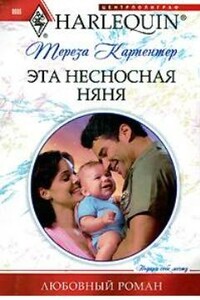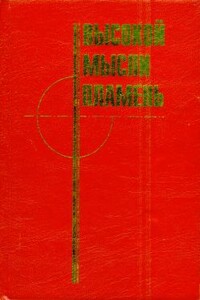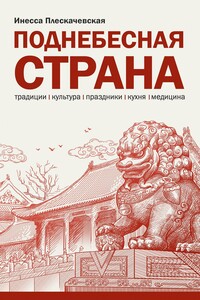In that manner, race and stardom were intertwined. Had the defendant been a famous white football player or an ordinary black citizen, I believe he would have been convicted. But his position as a black man who was also a celebrity packed a powerful one-two punch: it assured loyalty to Simpson and reinforced African American jurors’ distrust of the police.
From the prosecution’s perspective, the question was never whether we faced an uphill battle with black jurors. The question was what to do about it. But there were no viable answers. The talking heads, who had no clue what we were up against, insisted that the sheer weight of the evidence would compel a conviction. Other lawyers came up with solutions like, “don’t call Mark Fuhrman to the stand” or “don’t present the Rockingham glove.” But I knew that in response the defense team would accuse me of trying to hide the racist cop and crow that I’d conceded the glove had been planted.
As we began interviewing potential jurors, their reactions diverged predictably along racial lines. I soon decided that the routine “can you be fair” questions wouldn’t cut it. No one was going to volunteer the fact that they believed cops would plant evidence or that, if selected to serve on the jury, they would use this trial to even the score for the Rodney King verdict. I had to put the issue squarely on the table. I reminded the jurors that our office had prosecuted the officers involved in the Rodney King beating, that we believed they should have been found guilty. And then I said that acquitting a guilty man would not fix the injustice of that decision.
Just one hour later, however, when the jury was excused for lunch, one of the African American jurors was overheard saying, “It’s payback time.” She denied it when confronted with the remark in chambers, and Judge Lance Ito believed her. So she remained on the jury.
I did-and do-believe that there was an element of payback in the acquittal. One of the jurors even raised his fist in the Black Power salute as he left the jury box after delivering the verdict. But I no longer believe that it was the driving motivation among all of the black jurors. Some of them started out reasonably impartial. In the beginning, we stood a chance of persuading them. But over the course of nine sequestered months, the constant litany of racially incendiary remarks jogged memories, rekindled latent mistrust, and corroded the framework of law and logic we had tried to establish. Jibes and digs like Mr. Cochran’s gratuitous comment to Detective Tom Lang about his “house in Simi Valley” conjured up images of the Simi Valley police officers who’d beaten Rodney King. By the time the infamous Mark Fuhrman tapes were played and the jury heard Fuhrman’s voice spewing racial slurs and despicable stories of police brutality, even those who had started out with an open mind likely found it impossible to believe in Simpson’s guilt beyond a reasonable doubt.
I was therefore incredulous when, years after the verdict, people said the prosecution had been “overconfident.” In a case that had drawn many ridiculous comments, this was a standout in absurdity. We’d had a strong case, with more evidence of guilt than I usually saw in twenty cases put together. I had been confident we had the right guy. But overconfident that we’d win? Absolutely not.
The “not guilty” verdict issued on October 2, 1995, was gut-wrenchingly painful. But, to us, it wasn’t unexpected.
Even so, especially in the immediate aftermath of the trial, many observers either could not or would not believe that the verdict had been skewed by race. Now, although it’s taken nearly twenty years, there seems to be a greater willingness to accept that fraught race relations can-and do-subvert justice. That’s progress. But we still have much to achieve.
In the years since the verdict, I have gained a deeper understanding of why the jury acquitted Simpson and why mistrust of law enforcement is pervasive in the black community. Now, more than ever before, we can see the reasons for ourselves in smartphone videos, dash cam clips, and surveillance tapes: Trayvon Martin, Michael Brown, Walter Scott, Eric Garner, Laquan McDonald… The list goes on and on.






